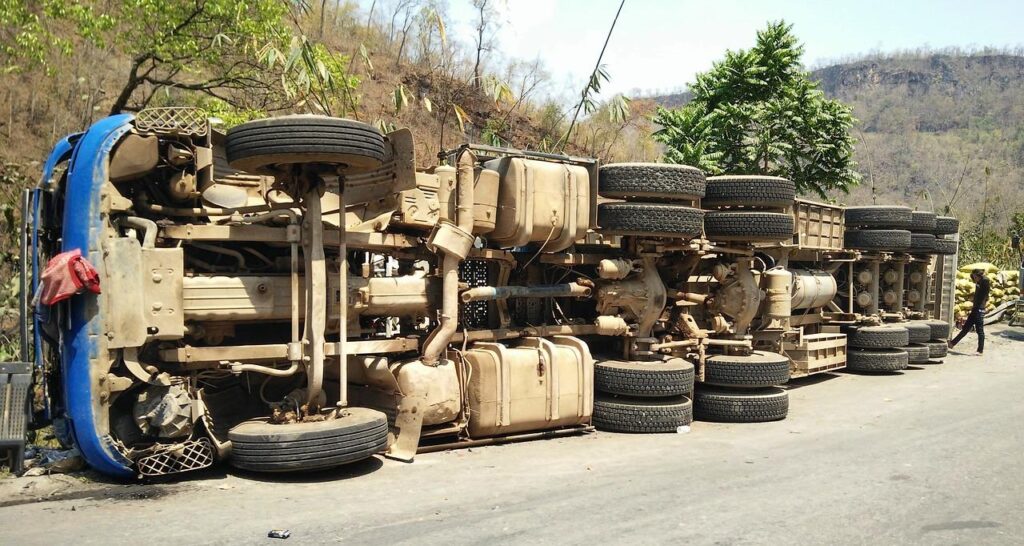In truck accident settlements, comparative negligence is a powerful tool that can significantly influence how victims receive their compensation. By understanding how this legal principle works, victims and their legal representatives can take control of their situation and work to get maximum compensation for injuries and damages.
Comparative negligence considers the degree to which each party involved in an accident is at fault, directly impacting the final settlement amount.
According to recent data, states that apply comparative negligence laws often see a more equitable distribution of compensation based on the level of fault assigned to each party. This article delves into how comparative negligence influences truck accident settlements and provides insights into maximizing compensation in these complex cases.

Post Contents
Understanding Comparative Negligence in Truck Accidents
Comparative negligence is a legal principle that aims to ensure fairness by apportioning fault among parties involved in an accident. In states that adhere to comparative negligence laws, each party’s degree of fault is examined, and compensation is adjusted accordingly. For instance, if a victim is 20% at fault for the accident, their compensation may be reduced by 20%. This approach ensures that each party bears responsibility for their actions, leading to a fairer distribution of compensation.
How To Determine Fault in Comparative Negligence
Determining fault in a truck accident involves thoroughly investigating the accident’s circumstances. Factors such as speeding, distracted driving, and violating traffic laws can contribute to determining fault. Proofs, such as police reports, witness statements, and accident reconstruction, are crucial in establishing each party’s negligence.
The Impact of Comparative Negligence on Settlement Amounts
The application of comparative negligence can significantly impact the final settlement amount in truck accident cases. According to the Insurance Information Institute, states that follow comparative negligence laws often result in reduced payment for victims who share a portion of the fault. Therefore, understanding how comparative negligence affects your case is essential to anticipating potential adjustments to your compensation.
Strategies to Maximize Compensation in Truck Accident Cases
Maximizing compensation in truck accident cases is an intricate task that requires careful planning and strategic action. However, with the right tools, such as collecting strong evidence and working with an experienced attorney, victims can feel reassured and supported in their pursuit of justice.
These key elements can help support your claim and establish the extent of the other party’s negligence, and an experienced attorney who understands the nuances of comparative negligence can be instrumental in building a robust case and negotiating for a fair settlement.
Challenges in Applying Comparative Negligence to Truck Accidents

Applying comparative negligence to truck accidents can present challenges due to the complex nature of these cases. Truck accidents often involve several parties, including truck drivers, trucking companies, and other motorists, making fault determination more intricate. In addition, insurance companies may attempt to minimize their liability by shifting blame onto the victim. Overcoming these challenges requires diligence, expertise, and a thorough understanding of the legal principles governing comparative negligence.
The Role of Legal Experts in Maximizing Compensation
When it comes to comparative negligence in truck accident cases, legal representation is not just beneficial, it’s essential. An experienced advocate can guide you and help you traverse the legal process, protect your rights, and advocate on your behalf. They can help gather compelling evidence, negotiate with insurance companies, and, if necessary, begin litigation in court to ensure you receive the highest compensation you deserve despite the challenges of comparative negligence.
Final Thoughts
Understanding comparative negligence and its influence on truck accident settlements is essential for victims seeking fair compensation for their injuries and damages. By grasping the principles of fault determination, employing effective strategies, and securing experienced legal representation, victims can navigate the challenges of comparative negligence and pursue the maximum compensation they rightfully deserve.